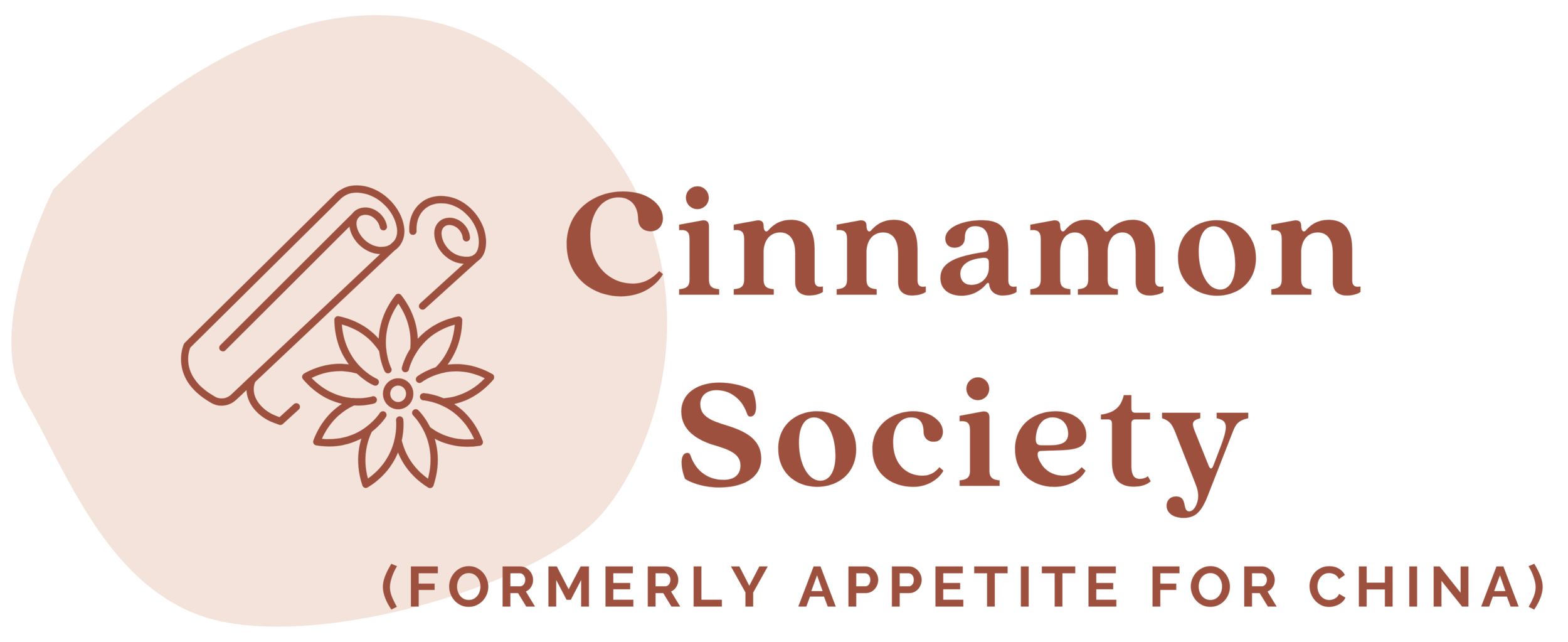Traktirr Pushkin - Russian Food & Drink in Beijing
 Caviar over hard-boiled eggs, made during culinary school during our hors d'oeuvres module, was probably the only Russian food I had eaten until last night. Shameful, I know. I guess it's a good thing that I live in Beijing. Other than going to Russia or the northern Chinese city of Harbin, it is probably one of the best places to try Russian food for the first time. The high concentration of Russians in the city, the geographical proximity, the some very close, um, historical alliances between the two countries, most likely means authenticity won't be compromised.
Caviar over hard-boiled eggs, made during culinary school during our hors d'oeuvres module, was probably the only Russian food I had eaten until last night. Shameful, I know. I guess it's a good thing that I live in Beijing. Other than going to Russia or the northern Chinese city of Harbin, it is probably one of the best places to try Russian food for the first time. The high concentration of Russians in the city, the geographical proximity, the some very close, um, historical alliances between the two countries, most likely means authenticity won't be compromised.
If there's any doubt that China and Russia are still close buds, check out the Russian Embassy. The high golden gates, fortress walls, and palatial mansion that (at night) looks like something out of Monte Carlo are eons above the embassies that other countries get. For dinner last night J and I went to Trakktir Pushkin, just down the street from that opulent complex. Apparently this is where embassy folks go to dine, so I felt like we were in good hands. And I have a soft spot for restaurants named after writers.
First, the drinks. The alcohol menu listed a wide variety of vodkas and Russian beers, including, of course, Baltika. They also had three draft beers: one light wheat, one dark, and one green. We passed on the green (the menu said something about radiation, maybe tongue-in-cheek, maybe not) and ordered the dark. It was a lot like Guinness, black in color, slightly bitter, not very strong.
We also had to try the infused vodkas, and picked one flavored with mint and another with red currant. The red currant vodka came out in a mini martini glass, as if it was meant to be sipped as an apéritif. Of course, it was too strong to be an apéritif, but delicious just as well.

Then came the appetizers. While eating the red and black caviar over eggs, J reminisced about his trip to Harbin, where in every convenience store there was someone hawking 60 rmb tins of Russian caviar.
"If I knew how to bargain better I would have picked up a tin," he said. "But who knows what kind of quality I would have gotten." I told him about my cousin's wife who studied medicine in Moscow, who would get tins for 5 USD and eat it every morning for breakfast.
After the caviar, and a small dish of mushrooms baked with (Gruyère?) cheese, came the borscht. Served in a porcelein tureen, it had shaved beets and onions in a thin magenta broth (beef stock, it seems) with a sliver of sour cream on top. It tasted vaguely like French onion soup, and I instantly became addicted. Note this was the first time I had ever had borscht. Now I could finally understand all these odes to borscht I've read lately, by writers like M.F.K. Fisher and my fellow food bloggers.

J's baked salmon arrived, then my roasted duck with baked apples and bilberry sauce. Bilberry sauce, something else that was new to me, tasted like the delicious lingonberry sauce I once had on a reindeer kebab in Sweden. (Something similar and easier to find may be lingonberry jam, sold at IKEA'S food shop and European import stores.) The duck was overdone and thus a bit dry, but the baked apples, with a hint of cinnamon, were delicious.

J claimed to be stuffed after his baked salmon, but he always has a separate stomache for dessert. "The baked apple cake," he told the waiter, then pointed to the vanilla ice cream, making some motion with his hands and fumbling for the words in Chinese.
"Put the ice cream on top of the cake," the waiter guessed. "Of course, right away."
"I wonder how many requests he gets for à la mode," I wondered.
"Probably from every American who comes in here," J responded.
The ice cream, imported from Russia, had a dense custard-y taste so unlike Chinese ice creams or American big brands we get here. A refreshing change, and a nice way to end my first full-on Russian meal.
Traktirr Pushkin 彼得堡餐厅 5-15 Dongzhimennei Dajie, Dongcheng District 东城区东直门内大街5-15号 (010) 8407 8158, (010) 6403 1896
